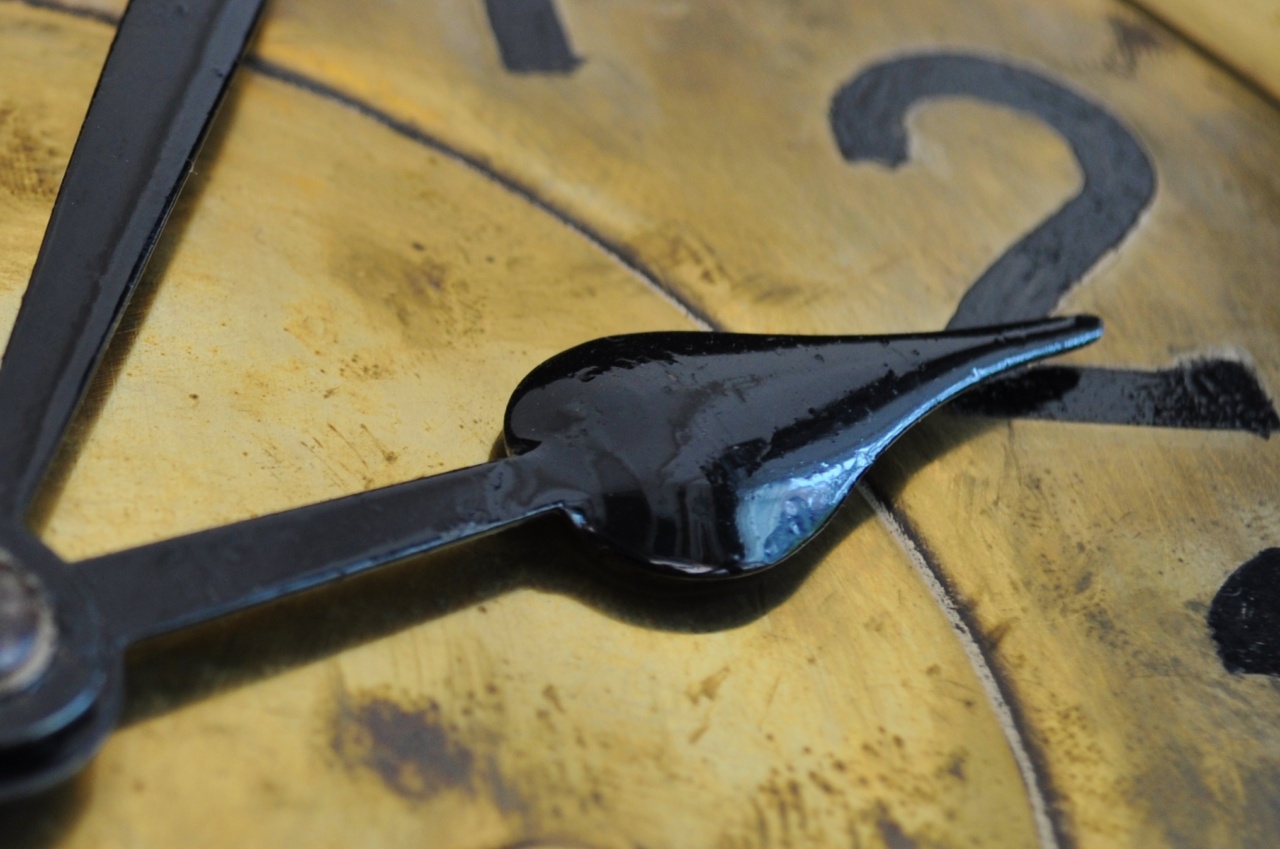Regulating the biological clock during time change is crucial for maintaining a healthy sleep-wake cycle and overall well-being. Our body’s internal clock, also known as the circadian rhythm, is affected by changes in daylight and darkness.
As the seasons change and we transition between daylight saving time and standard time, our internal clock can be disrupted, leading to sleep disturbances and other health issues. In this article, we will explore the role of two senses, vision and light perception, in regulating the biological clock during time changes.
The Circadian Rhythm and Time Changes
The circadian rhythm is our body’s natural internal clock that regulates numerous physiological processes, including sleep, hormone production, metabolism, and cognitive function.
It is primarily influenced by the light-dark cycle and allows us to adapt to a 24-hour day. However, when we transition between daylight saving time and standard time, our sleep patterns can be disrupted, leading to difficulties in adjusting to the new time.
The Role of Vision
Vision plays a significant role in regulating the biological clock during time changes. Our visual system detects changes in ambient light, allowing us to perceive and adapt to variations in brightness.
When we are exposed to bright light, such as sunlight, our brain receives signals that suppress the production of melatonin, a hormone responsible for promoting sleep. This suppression of melatonin production helps us stay alert and awake during the day.
Light Perception and the Biological Clock
In addition to vision, our body’s perception of light also directly influences the regulation of the biological clock.
Specialized cells called intrinsically photosensitive retinal ganglion cells (ipRGCs) are primarily responsible for detecting light and sending signals to the suprachiasmatic nucleus (SCN) in the brain. The SCN acts as the central pacemaker of the circadian rhythm, coordinating various physiological processes based on the information received from ipRGCs.
Impact of Time Changes on the Biological Clock
During time changes, such as the transition to daylight saving time or back to standard time, our biological clock can become desynchronized.
The sudden shift in the timing of light exposure can disrupt the normal functioning of the circadian rhythm, leading to difficulties in falling asleep or waking up at the desired times. This desynchronization can result in sleep disturbances, fatigue, mood changes, and decreased cognitive performance.
Strategies for Regulating the Biological Clock
To help regulate the biological clock during time changes, several strategies can be implemented:.
1. Gradual Transition
Gradually adjusting sleep and wake times a few days before the time change can help the body adapt more smoothly.
For example, if transitioning to daylight saving time, gradually shift the bedtime and wake-up time earlier by 15 minutes each day for a week prior to the change.
2. Light Exposure
Exposure to bright natural light in the morning helps reset the biological clock and promote wakefulness. Open the curtains or go outside to get sunlight exposure in the morning.
Conversely, dimming lights in the evening can signal to the body that it is time to wind down and prepare for sleep.
3. Avoiding Stimulating Activities
Avoiding stimulating activities, such as intense exercise, caffeine, and technology usage close to bedtime, can help prepare the body for sleep.
These activities can disrupt the natural sleep-wake cycle, making it harder to fall asleep at the desired time.
4. Creating a Relaxing Sleep Environment
Creating a sleep-friendly environment is important for regulating the biological clock. Ensure that the bedroom is dark, quiet, and at a comfortable temperature.
Using blackout curtains, earplugs, or white noise machines can help minimize external disturbances that can affect sleep quality.
5. Melatonin Supplementation
Melatonin supplements can be used under the guidance of a healthcare professional to help regulate the biological clock during time changes. Melatonin is a hormone that signals to the body it is time to sleep.
Taking melatonin supplements in the evening can promote sleepiness and aid in adjusting to new sleep schedules.
Conclusion
Regulating the biological clock during time changes is essential for maintaining a healthy sleep-wake cycle. The role of vision and light perception in this regulation is significant.
By understanding the impact of time changes on our internal clock and implementing strategies to minimize disruptions, we can promote better sleep and overall well-being. Gradual transitions, adequate light exposure, avoiding stimulating activities, creating a relaxing sleep environment, and melatonin supplementation are effective techniques for regulating the biological clock during time changes.





























